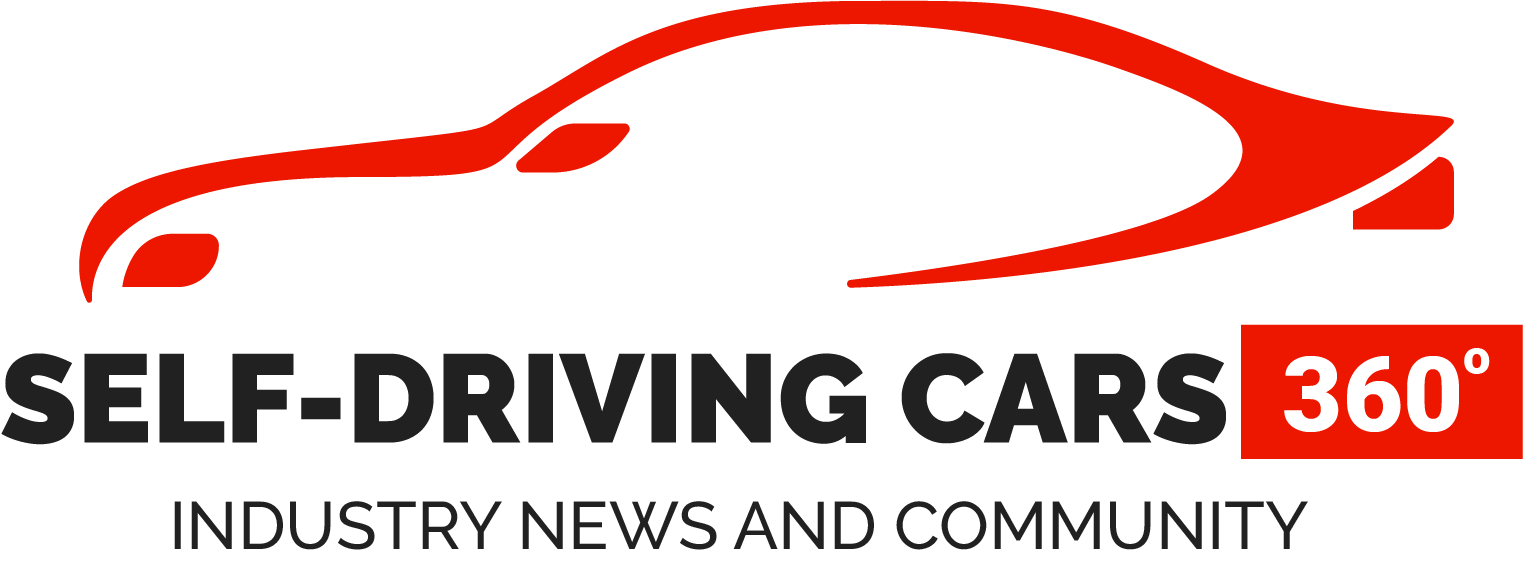Auroa Innovation Inc., the Pittsburgh-based developer of autonomous vehicle technologies, is adjusting its timeline for when it expects to deliver a fully autonomous and commercial trucking platform.
According to Aurora (NASDAQ: AUR) CEO and Co-Founder Chris Urmson, the company now expects to have a commercial trucking platform available in the first half of 2024, a pushback from its original intent to offer the platform before the end of 2023. Urmson made the announcement during the company’s Q2 earnings call on Wednesday.
Urmson cited current supply chain-related constraints and other challenges facing the trucking industry more broadly as some of the reasons for the delay.
“While this program timing is later than we had originally expected, we see the recent awarding of key supplier contracts as a major point of schedule risk reduction in these programs,” Urmson said during the earnings call. Aurora picked up a commercial pilot partnership recently with trucking firm Schneider National Inc. to further test out and validate autonomous freight hauling capabilities, one of four major collaborations that Aurora has made with trucking companies in the past year.
But in order for its autonomous driving technology of hardware and software components — which the company calls the Aurora Driver — to work best, Aurora needs to work directly with truck manufacturers to create vehicles that have new or enhanced control interfaces as well as new or enhanced braking, steering and power systems so that the vehicle can have the reliability Aurora claims is needed for safe driverless operations. Aurora is working with Paccar Inc. and Volvo Trucks to do exactly that, which Urmson said Aurora has made “significant progress” with in recent months.
“With the delivery of the truck platforms, we expect to be able to complete upfit, bring up, and final validation of the integration of the Aurora Driver with the truck platform in preparation for release of a scalable trucking product by the end of 2024,” Urmson said. “While progress has been strong, these programs are not immune to recent industry challenges.”
And even though the physical deployment of the company’s autonomous platform is delayed, Urmson took time to note the series of technological advancements the company has achieved in recent months.
During the second quarter, Urmson said that Aurora’s trucks have delivered more than 335 loads across 80,000 cumulative miles with an on-time rate of 100% and no cancellations. Aurora is performing these trips, with at least one human safety operator on board, throughout Texas for FedEx Corp. The company is now currently autonomously hauling FedEx loads between Dallas and Houston daily and between Fort Worth and El Paso on a weekly basis.
In the past quarter, Aurora has also been able to achieve the milestone of having its tech-equipped vehicles pull over to the side of the road automatically following the detection of a system error. The Aurora Driver can also now automatically abort lane changes and utilize engine braking for downhill sections of a route.
As for financials, Aurora recognized approximately $21 million in collaboration revenue during Q2 for development work relating to its agreement with Toyota Motor Corp. to equip eight Toyota Sienna vehicles with Aurora’s tech, part of a $145 million cumulative to-date agreement the two companies have.
Operating expenses totaled $1.2 billion during the quarter, which included a $1 billion noncash reduction in the carrying value of the company’s goodwill due to its market capitalization falling below the carrying value of the company’s assets. Barring that and the $46 million in stock-based compensation the company issued over the past quarter, Aurora posted operating expenses of $171 million during its second quarter.
In Q2, the company’s balance sheet had $1.4 billion in cash and short-term investments. Aurora still expects these funds to last it until its launches its commercial AV platform. The company also posted basic and diluted net losses per share of $1.02.
Aurora ended intraday trading up 2.2% with a share of its common stock trading at $2.79 per share as of market close on Wednesday.
Urmson founded Aurora in 2016 alongside fellow co-founders Sterling Anderson, its chief product officer, and Drew Bagnell, its chief scientist. All three had previous autonomous vehicle experience at different companies before joining together to launch Aurora. It employs 1,600 workers, the majority of whom reside and work in Pittsburgh.
Source: www.bizjournals.com




GIPHY App Key not set. Please check settings